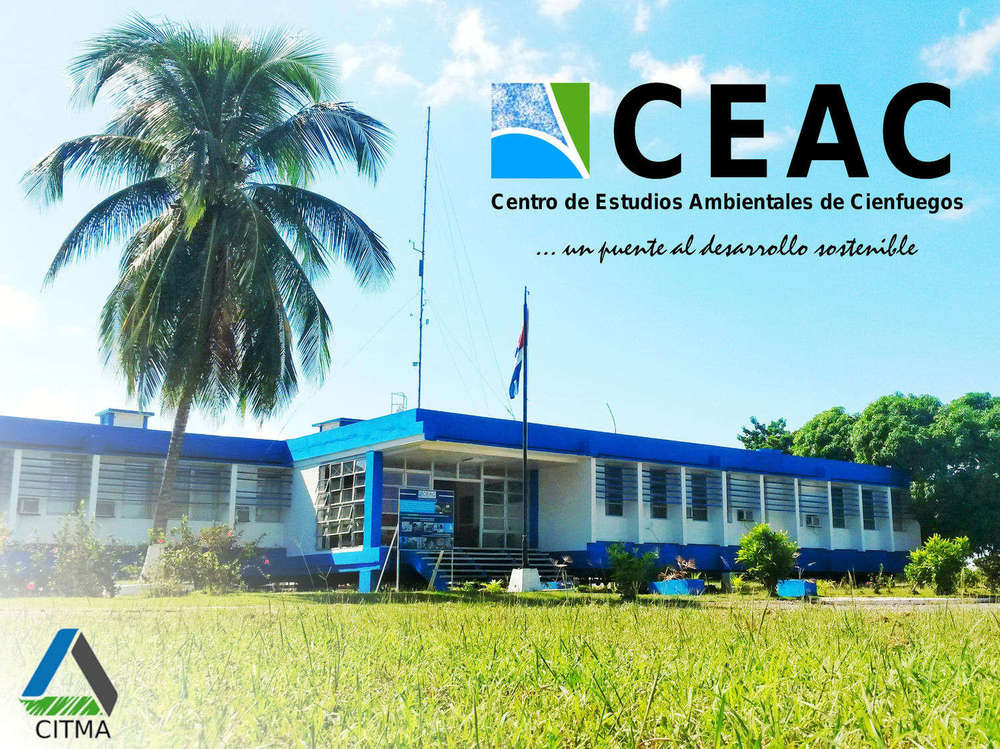
CIEGO DE AVILA, Cuba, May 29 (ACN) Results of a research carried out by the Cienfuegos Center for Environmental Studies (CEAC by its Spanish acronym), a reference institution in the Caribbean region, confirm the presence of microplastics in beach sands in central Cuba, as a result of the indiscriminate dumping of waste of that ductile material in coastal ecosystems.
During the recently concluded event Centro Costas 2023, held in Villa Clara province, Arianna Garcia Chamero, CEAC researcher and one of the authors of the study, told the Cuban News Agency that they analyzed 70 sand samples, corresponding to four beaches on the north and south coasts, and in 40 of them they found plastic particles, with a variety of shapes, sizes and chemical compositions.
Developed during 2022, in the southern portion the survey covered the beaches Tetas de Tomasa, located in the Cienfuegos bay, and Rancho Luna, which receives the impacts of local tourism; while on the opposite coast they took as reference the beaches Las Gaviotas, a protected area with the category of Fauna Refuge, and El Cañon, both belonging to the tourist destination Santa Maria Keys, in the territory of Villa Clara.
Garcia Chamero emphasized that, except for El Cañon, the other beaches showed evidence of contamination by microplastics, a substance considered a global threat to the conservation of biodiversity, oceans, seas and marine resources.
In the analysis of the samples -she emphasized- laboratories of the International Atomic Energy Agency (IAEA), an entity to which CEAC is linked, were involved, and specialists and researchers of the aforementioned prioritized ecosystem joined the studies carried out on the beaches of Cayo Santa María.
The research on microplastics contamination is carried out using the methodology of the Coastal Marine Research Network, an institution in the Caribbean region in charge of studying marine stressors, so that comparisons can be made with other surveys carried out in the area where the Cuban archipelago is located.
Likewise, the results will be available to decision-makers, so that they can adopt measures aimed at preserving coastal ecosystems, particularly to minimize the impacts of this silent pollutant, incorporated into the environment and consumed by different organisms, which implies health risks.
With recognized prestige at international level, the professionals of this center have received numerous trainings inside and outside the Cuban territory, and, at present, they receive the benefits of the international project RLA 7025, which strengthens the capacities in marine and coastal management through the application of nuclear and isotopic techniques.
Sidebar

 Agencia Cubana de Noticias
Líder en información nacional
Agencia Cubana de Noticias
Líder en información nacional








Nos reservamos el derecho de no publicar los comentario que incumplan con las normas de este sitio